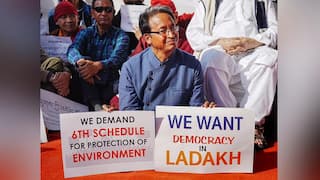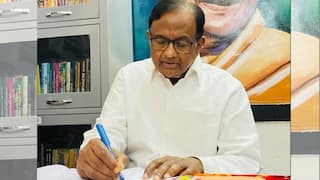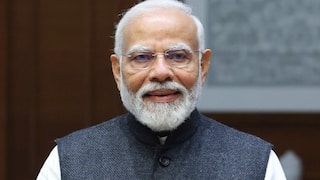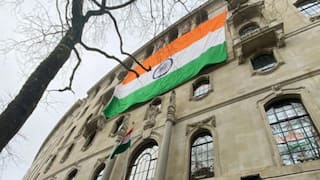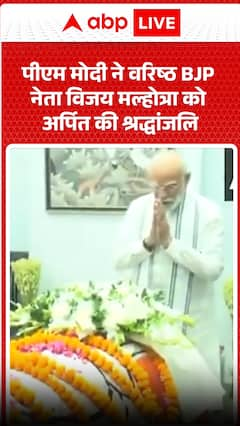Pakistan Election Results: Nawaz Sharif's PML-N Pips Imran Khan's PTI To Take Lead In Race To PM's Post
According to the Election Commission of Pakistan (ECP), Nawaz Sharif's PML-N is leading on 8 seats, followed by PTI, which is leading on 6 seats.

Inspite of the widespread "distrust" in the Pakistan's electoral process, millions voted on Thursday for general national seembly polls. Early trends in the election results shows a close fight between Imran Khan backed PTI candidates and Nawaz Sharif's PML-N, according to Dawn. According to the Election Commission of Pakistan (ECP), Shehbaz Sharif's PML-N is leading on 8 seats, followed by PTI, which is leading on 6 seats.
Pakistan's political scene is dominated by three major parties: the Pakistan Muslim League-Nawaz (PML-N), Pakistan Tehreek-e-Insaf (PTI), and the Pakistan People's Party (PPP).
As per the ECP data, the seat distribution for three major political parties is as follows:
- PML-N: 8 seats
- PTI: 6 seats
- PPP: 5 seats
After the voting on Thursday, Pakistan witnessed significant delays in the vote count, causing the country's election commission to send a late-night caution to polling workers, encouraging them to provide results as soon as possible, even 10 hours after polling stations closed.
Voting took place for 265 out of 266 general seats in the National Assembly and 590 out of 593 general seats in provincial assemblies. A record number of voters were under the age of 30, and it was generally expected that their vote will surprise.
Polling had usually begun on schedule and lasted without incident until 5 p.m. While speaking with media, Chief Election Commissioner Sikandar Sultan Raja stated that time extensions were allowed at three polling locations in Gujarat in response to pleas from the appropriate ROs, the Dawn reported. He also stated that no citizen had encountered any difficulties in casting their ballot, while voter reports from around the country showed otherwise.
The National Assembly has 336 seats, with 266 candidates elected by direct vote and the remaining 70 reserved. Among these reserved seats, 60 are set aside for women and 10 for non-Muslims, based on each party's participation in the Assembly. A simple majority requires at least 133 members, although many observers believe the election will not produce a clear winner.
Top Headlines





























